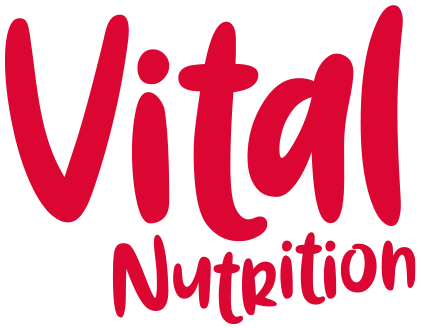How is your digestion?
Maybe not a question to ask at the dinner table, but here goes...
Do you poop every day? Is it easy to pass?
Constipation is far too common. If you have time to read a book, do wordle or check your social media on the loo, your digestive system is probably not working as optimally as it could.
A few simple changes and a little more focus on what you’re eating can turn things around quickly.
First up, focus on fibre. Most of us don’t get enough of the stuff. In fact, it is estimated that less than 10% of the UK population hit the daily recommended target of 30g a day. No wonder we are constipated!
Fibre helps to keep things regular, softens the stool and makes it easy to pass.
High fibre foods include:
Wholegrains like oats, wholemeal bread, brown rice, wholewheat pasta, oatcakes, porridge
Beans and lentils – try adding puy lentils to your Bolognese, chickpeas to your curry or extra red kidney beans to your chilli. Eat more houmous. Try bean salad, or use one of those pouches of ready cooked lentils as a base for salad at lunchtime. Add any veg you have (tomatoes, celery, peppers, grated carrot, maybe some apple or blueberries, herbs, olive, oil, lemon juice and feta and you’ve got a fibre packed meal in minutes).
Nuts and seeds. I am a big fan of milled flaxseed to help keep things regular. Get into the habit of adding it into your diet every day. A spoonful on breakfast – stirred into yoghurt, adding to porridge or as an ingredient in overnight oats is easy and tasty. Add seeds as a salad topper, or snack on a couple of oatcakes with peanut or almond nut butter if you get peckish in between meals
Fruit and vegetables – make sure you hit your 5 a day mark every day. Two kiwis (with skins on) can help get things moving if you are constipated. Remember what your granny told you about prunes? This old fashioned remedy is packed with fibre to help keep you regular.
Just a word of warning – if your diet is really low in fibre, start to increase slowly. Otherwise your belly will tell you about it – rumblings, grumblings and gas could be the side effect of too much, too soon.
Are you drinking enough water? Fibre will only do the trick if you have water with it, so aim for 6-8 glasses a day, or around one and a half litres.
Moving your body will help move your bowels too. Walk, skip, hop, jump, run – anything that gets you moving will help support better digestion.
Take your time to enjoy your food. If you eat so quickly that the sparks are flying off your knife and fork, you are unlikely to have optimal digestion. Slow things down a little. Take a moment to notice what you are eating. Tune into your senses and notice how your food looks and smells. That way you are switching your nervous system into ‘rest-and-digest’ mode to allow more optimal digestion. Chances are you’ll feel more satisfied by what you are eating and end up eating less too.
Get some probiotic foods into your diet. This could be live yoghurt (go for the natural one so there is no added sugar or sweeteners), kefir, kombucha, saukerkraut or kimchi. All of these fermented foods contains decent levels of probiotic bacteria -the friendly bugs that help populate your gut microbiome for better digestion
Think about your bathroom set up too. Posture is important! If you strain when you poop, try setting your feet on something higher that the floor. This will help your posture to improve gut motility.

